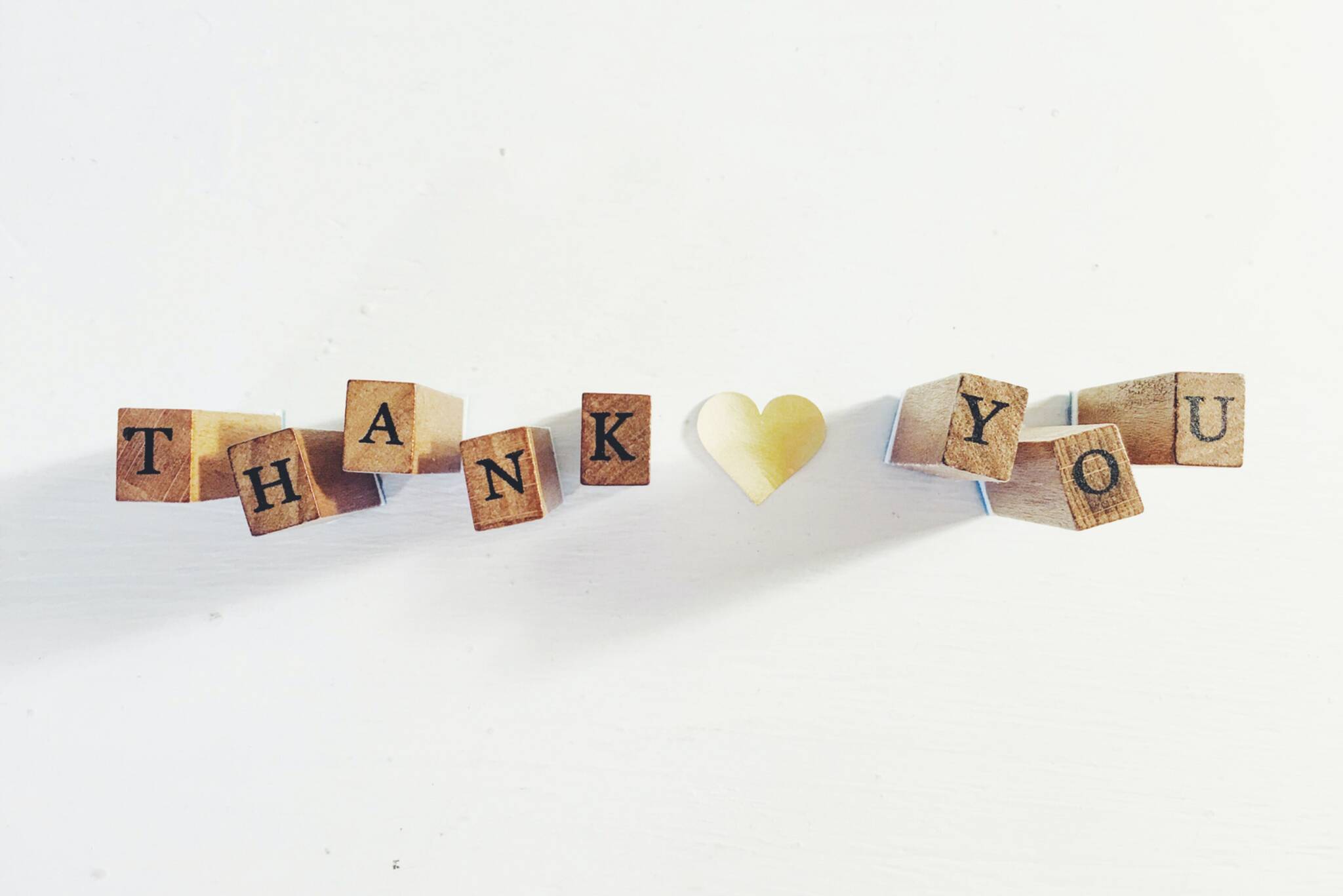While language changes, one thing has not: the lack of respect for women who deliberately make the sacrifices required to be a homemaker-mom. Being committed to raising their children into responsible adults is more than a full-time job. Media calls such women “stay-at-home-moms,” a label not much better than the phrase “house-wife.” The place, not the purpose, gets the focus.
That disrespect bothers me. In the 1970s, my first jury duty experience gave me an opportunity to explain. During juror questioning, the prosecutor asked, “Does your wife work?” I said, “my wife and I have two small children, so she is on duty 24/7 and does a lot of work, but if your real question is does she have a paying job outside our home, the answer is: no.” Our children owe much of their academic and professional success to their mother who applied her degree in elementary education at home, much more than full-time, before our kids ever got to school.
Effective homemaker-moms provide the emotional infrastructure needed for a family to raise well-adjusted children, resolve conflict, solve problems, manage within limited resources, etc. They somehow get it all done, handling their domestic roles, while trying to shape their family’s contribution to society’s next crop of citizens. Periodically, some columnist will try to put a price-tag on the various roles performed by homemaker-moms, but nobody would take that job just for money. Why? A mother’s sacrificial love cannot be monetized.
Women volunteering for the toughest job in the country sometimes refer to themselves without the respect they deserve. Visiting my college roommate a few years back, his wife introduced herself as a stay-at-home-mom, so I gave her my speech saying she was really a homemaker-mom. She smiled knowingly. Sometimes, I’ve said the same thing to other mothers, when I felt I could without being attacked by society’s thought police for valuing healthy traditions.
In 1986, Robert Fulghum wrote a best-seller titled, “All I Really Need to Know I Learned in Kindergarten.” Its basic lessons, (share, play fair, don’t hit, put things back, clean up your own mess, etc.) resonate with homemaker-moms who try to teach these same things (and much more) to their children before school. Classroom teachers owe debts of gratitude to parents who prepare their children for life by giving them basic social tools. Sadly, many kids end up in school unprepared; some never recover. Two words predict academic success: parental involvement.
I’ve said the same thing before — including in a My Turn titled “Yes, families still matter,” which appeared in the Juneau Empire — and am not alone. “Parenting is the ultimate non-market activity in a market-driven society,” says Cornel West. About parenting, Leonard Pitts Jr. said, “You can never know how good a job you’ve done until it is too late to do anything about it.”
Children without adequate guidance make do with what they have and some succeed, but an increasing number do not. It’s no wonder that their mental health suffers if they’ve not been prepared for adult life and find it distressing. Madison Avenue blurs the line between wants and needs, Hollywood sells fantasy as reality, while Silicon Valley’s games and social media create further obstacles to healthy growth. Children are not pets; they need more than food and shelter to develop. They need to be nurtured and learn how to deal with poor choices by peer groups.
Working moms do their best, but several of today’s social problems can be traced to how often vulnerable children were left adrift in their formative years. Day care has limits. Some groups try to compensate for society’s developmental gaps that leave kids unprepared for adult challenges.
Homemaker-moms teach their children healthy attitudes, values, and motivation. Such lessons often elude children from broken homes. Foster care exists because some adults cannot manage life as responsible parents. Many devoted single parents, typically mothers, do their best, but face incredible odds. Research “Adverse Childhood Experiences” and the correlation between family dysfunction along with what is statistically wrong with society (poverty, crime, anxiety, etc.). Chronic problems are getting worse because not enough families have homemaker-moms.
Please value any homemaker-moms you know, not just on Mother’s Day, but every day because they help improve the next generation.
• Mike Clemens is a longtime local resident.Columns, My Turns and Letters to the Editor represent the view of the author, not the view of the Juneau Empire. Have something to say? Here’s how to submit a My Turn or letter.

